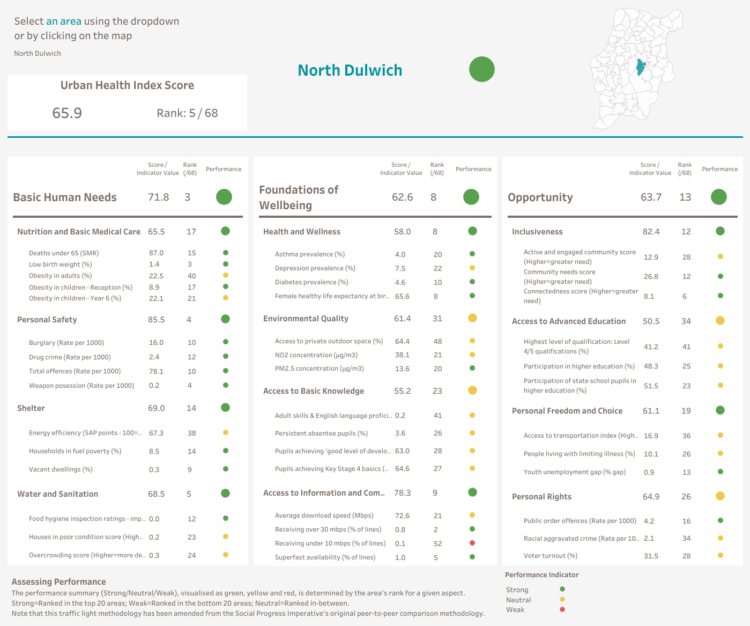The results
The resulting study, Health & Wellbeing in Lambeth & Southwark: Insights from Local Communities highlights significant disparities in health in these boroughs. The survey found that the likelihood of being in good health was influenced by a person’s degree of financial security, education level, housing tenure and conditions, ethnicity, gender, and sexuality.
The qualitative data captured the personal impact of insecure and poor-quality housing, and how a lack of trust in healthcare services and providers complicates access to and use of the very services that we rely on for support with our health.
Some of the findings are stark:
- There is a notable gap in reporting good health between homeowners (77%) and renters (66%).
- Half of the residents seeking mental health support are finding it difficult to access.
- There are significant disparities trust in healthcare professionals between demographic groups, diverging among men (80%) and women (70%), younger and older people, and ethnic groups.
This study confirms and expands what we know about the persistence of health inequalities in Lambeth and Southwark. We can see how time and time again, people already living with health conditions, on lower incomes, and those from minoritised communities face more challenges when it comes to developing and maintaining good health.
What’s next?
We hope that our study will inspire and inform decision-makers in local government, healthcare services, and community organisations when developing initiatives to support better health across both boroughs.
Over the coming months, we will continue to share and highlight our findings, exploring ways to communicate how the results are being used, and calling on other boroughs and cities to also seek out more detailed data to improve health.




